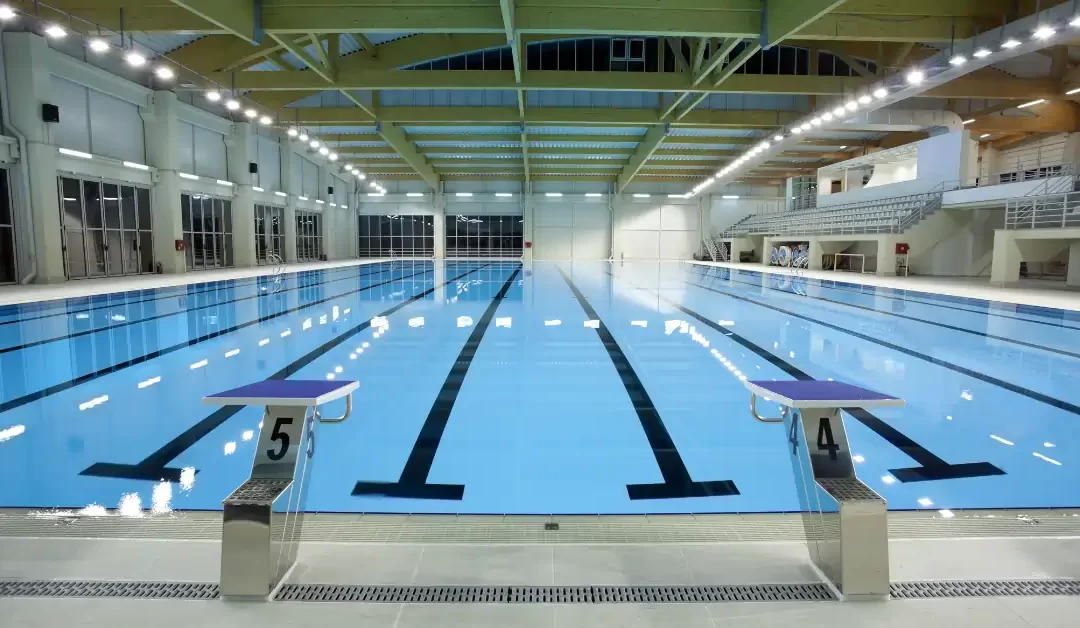Workplace Fatality – Father of two dies in workplace accident on pier at Dublin port
The sudden death of a male in his 30’s occurred in Dublin Port on Wednesday morning (6th June). An investigation is currently being carried out by An Garda Siochana into the circumstances of the workplace fatality. Just after 11.30am on Wednesday, the emergency services attended the scene at Ocean Pier. While the male was taken to The Mater Hospital, he was sadly pronounced dead a short time later. Both the local coroner and the Health and Safety Authority have been notified of the incident.
The exact cause of the fatality is as yet unknown, however it is believed that there may have been ongoing works on moving steel beams in the location of the accident. Speaking on the day of the accident, a spokesperson for the HSA has stated:
“We can confirm that a very serious accident occurred at Dublin Port shortly before lunchtime today. The HSA have launched an investigation and inspectors are currently on site. ”












